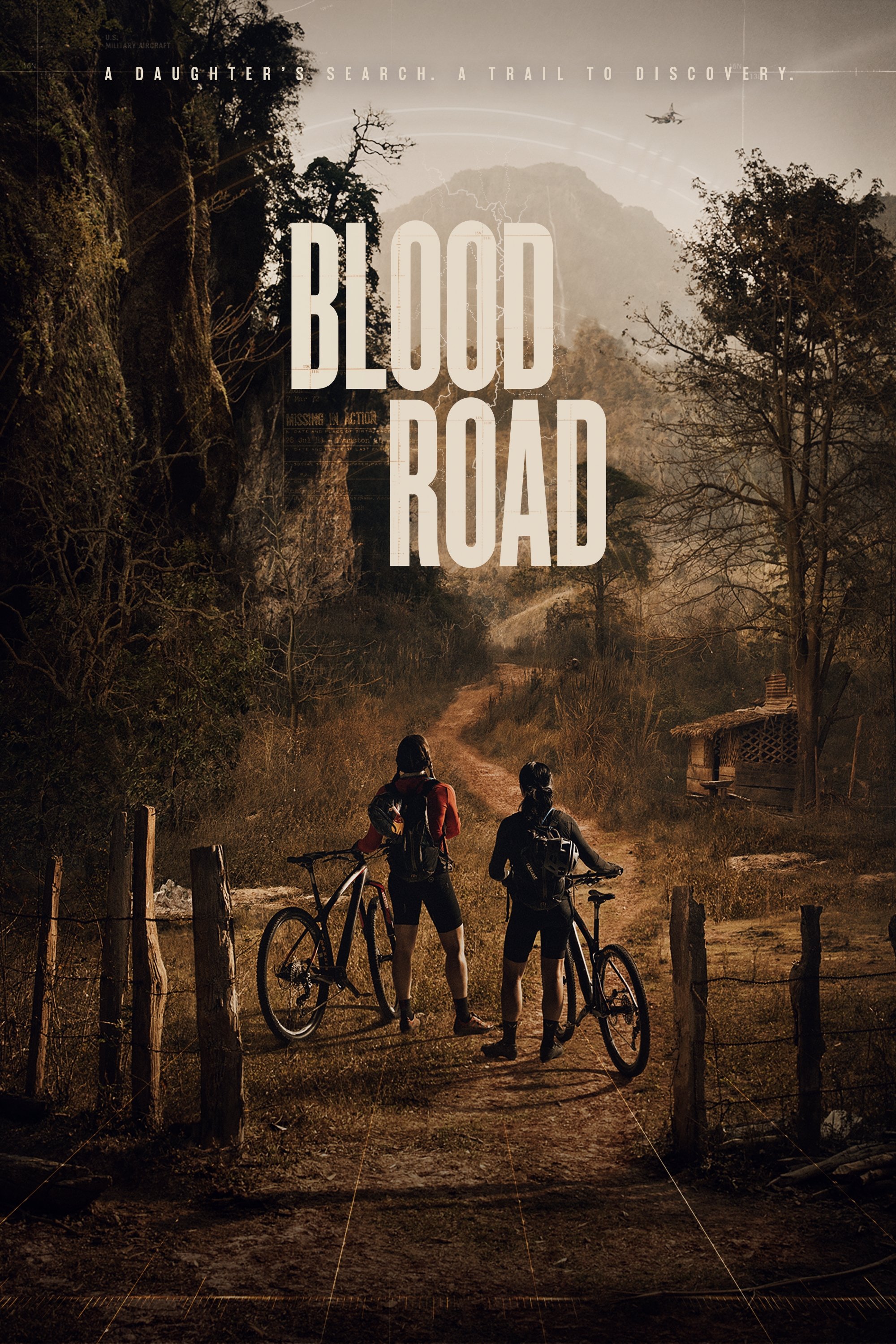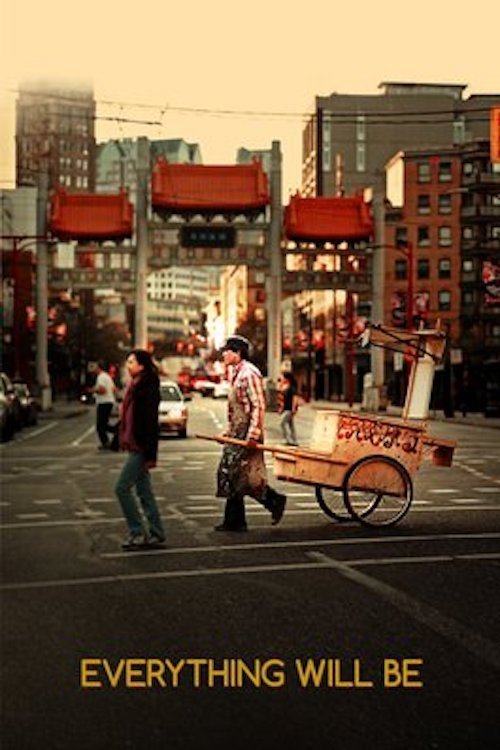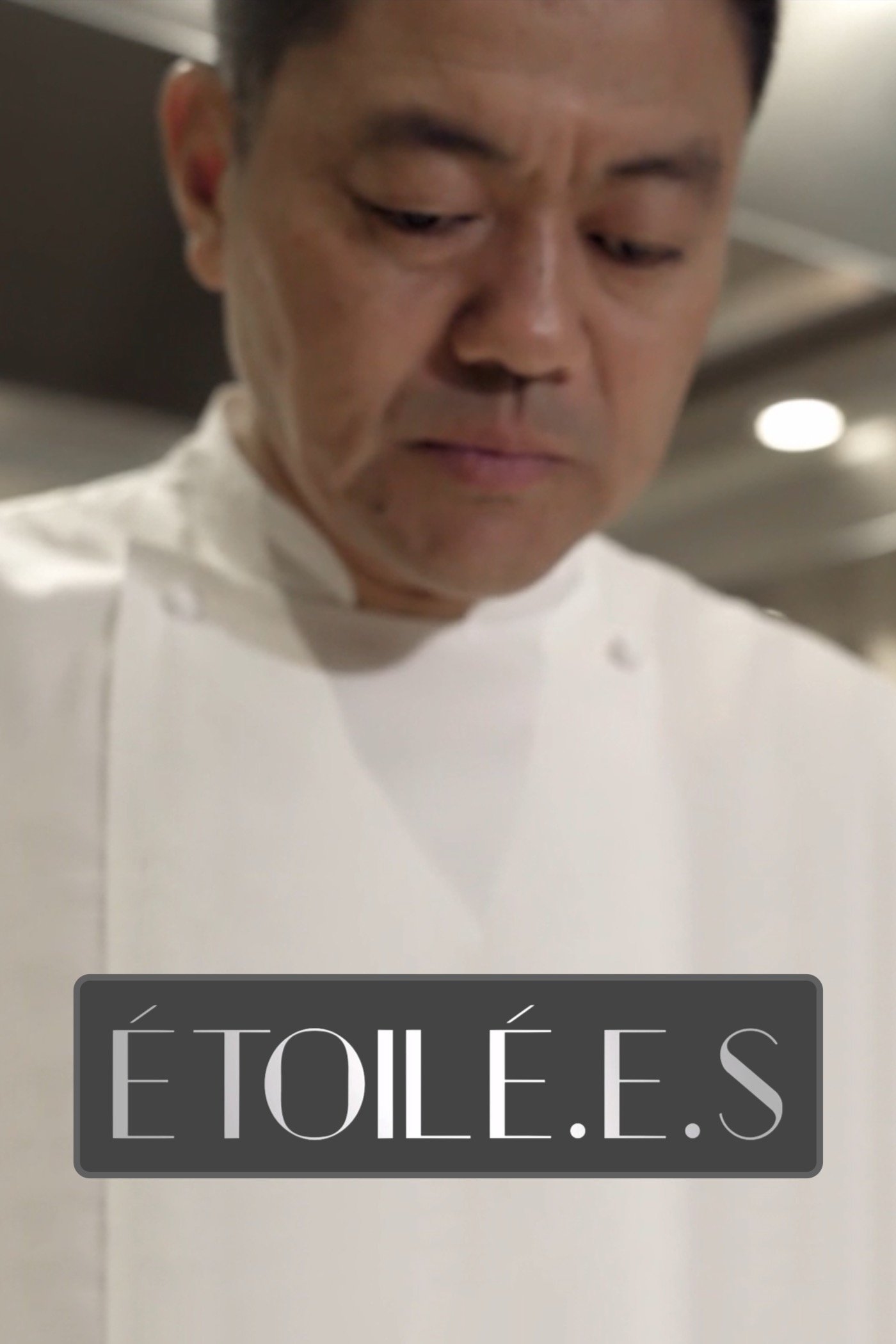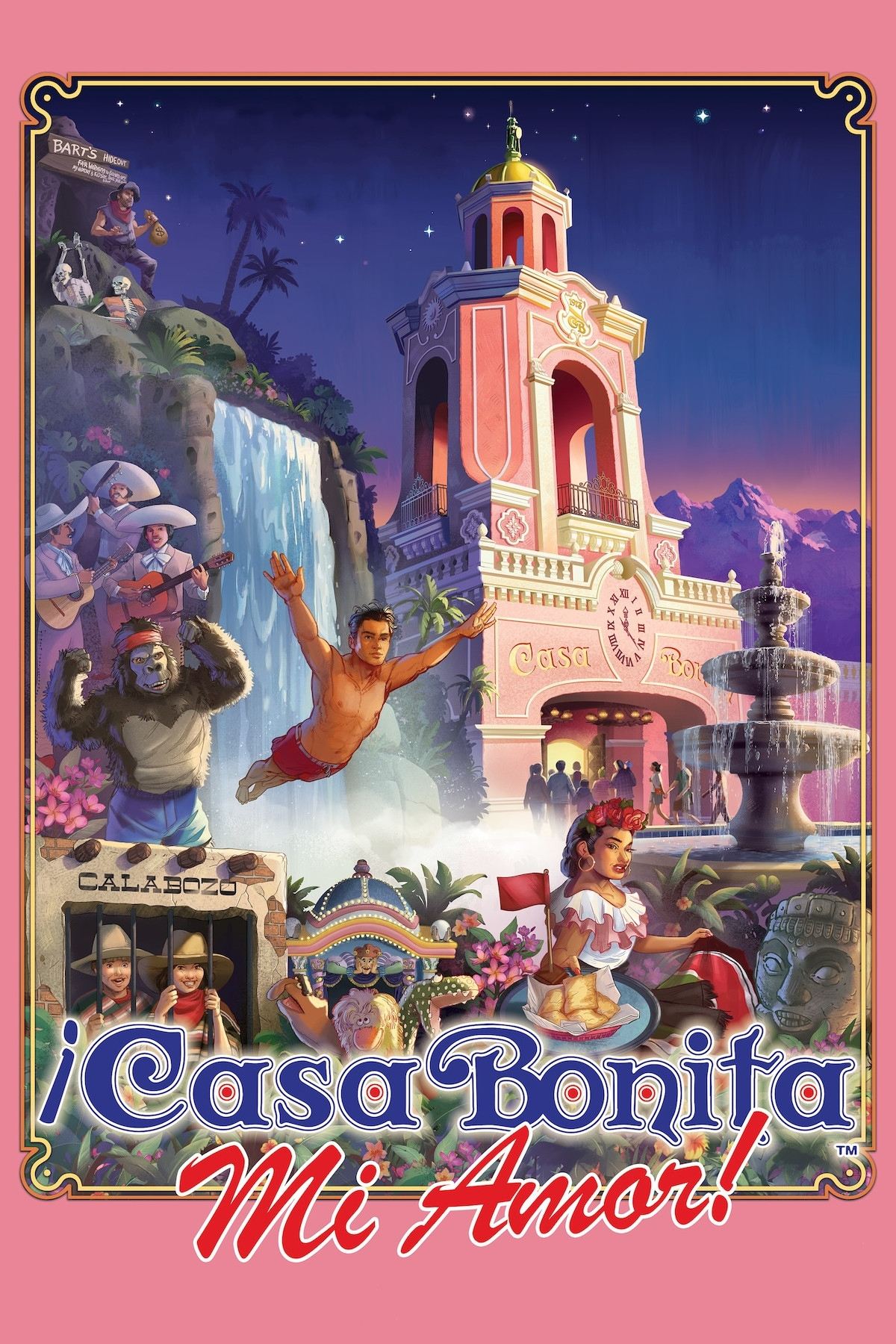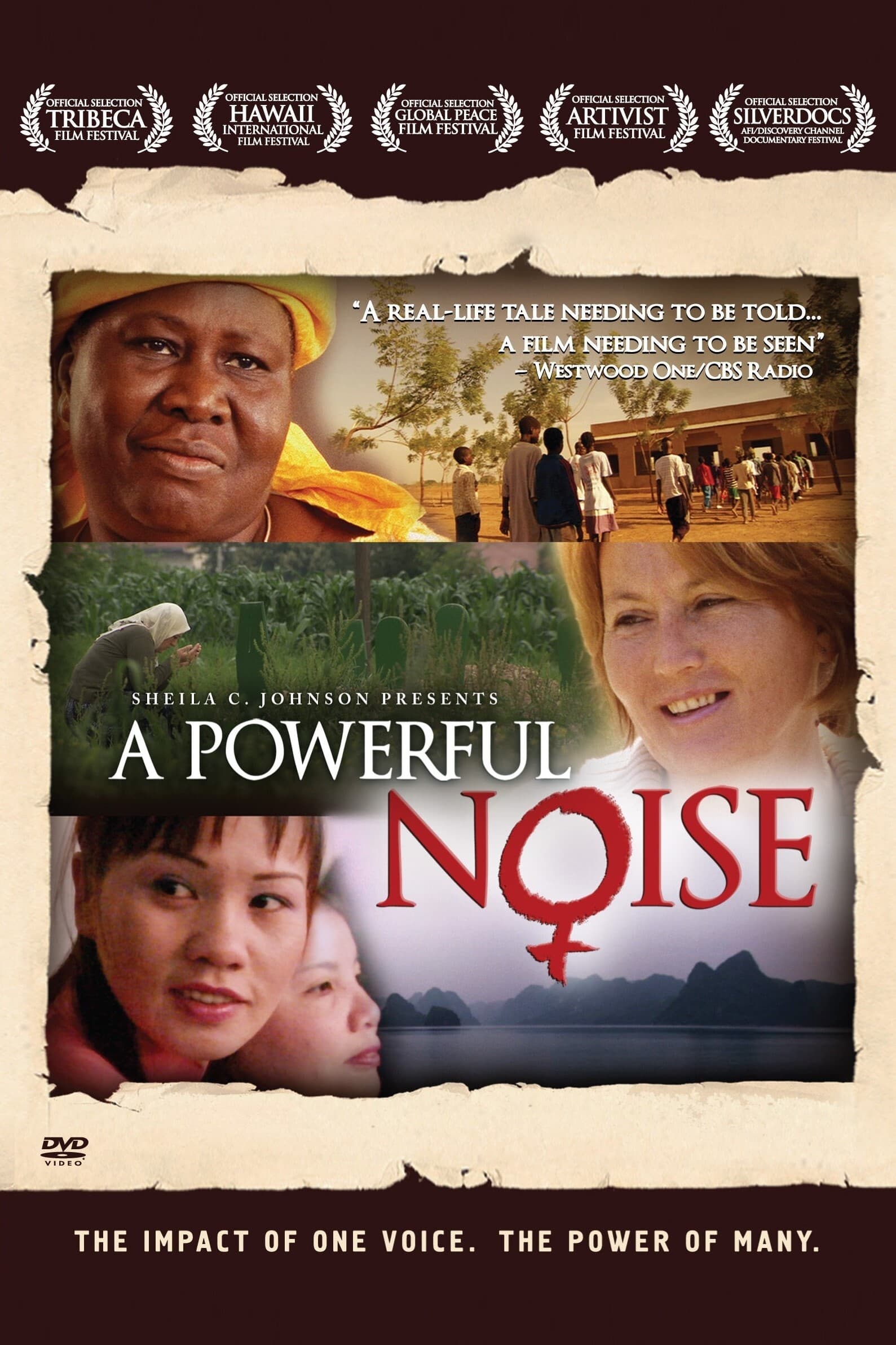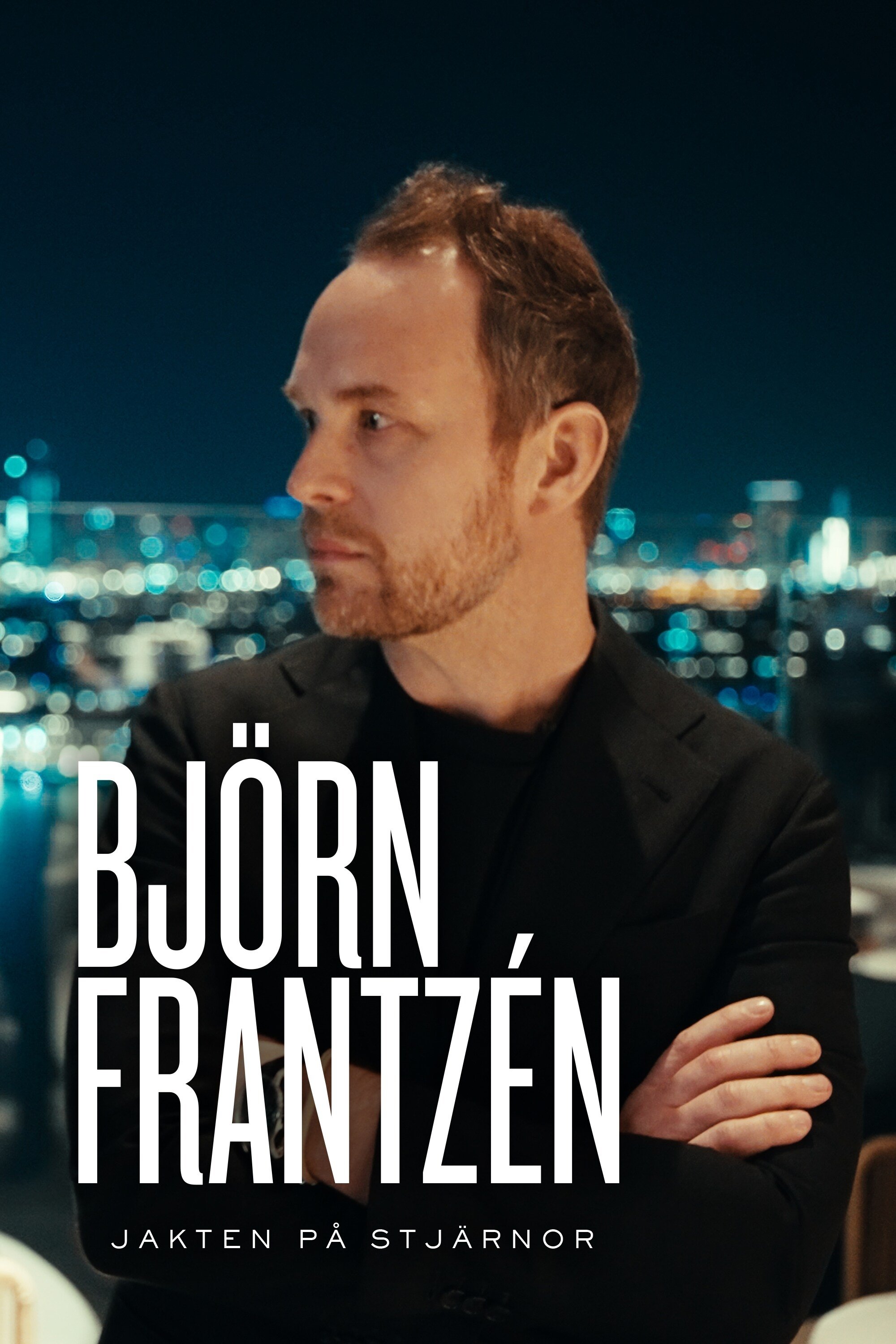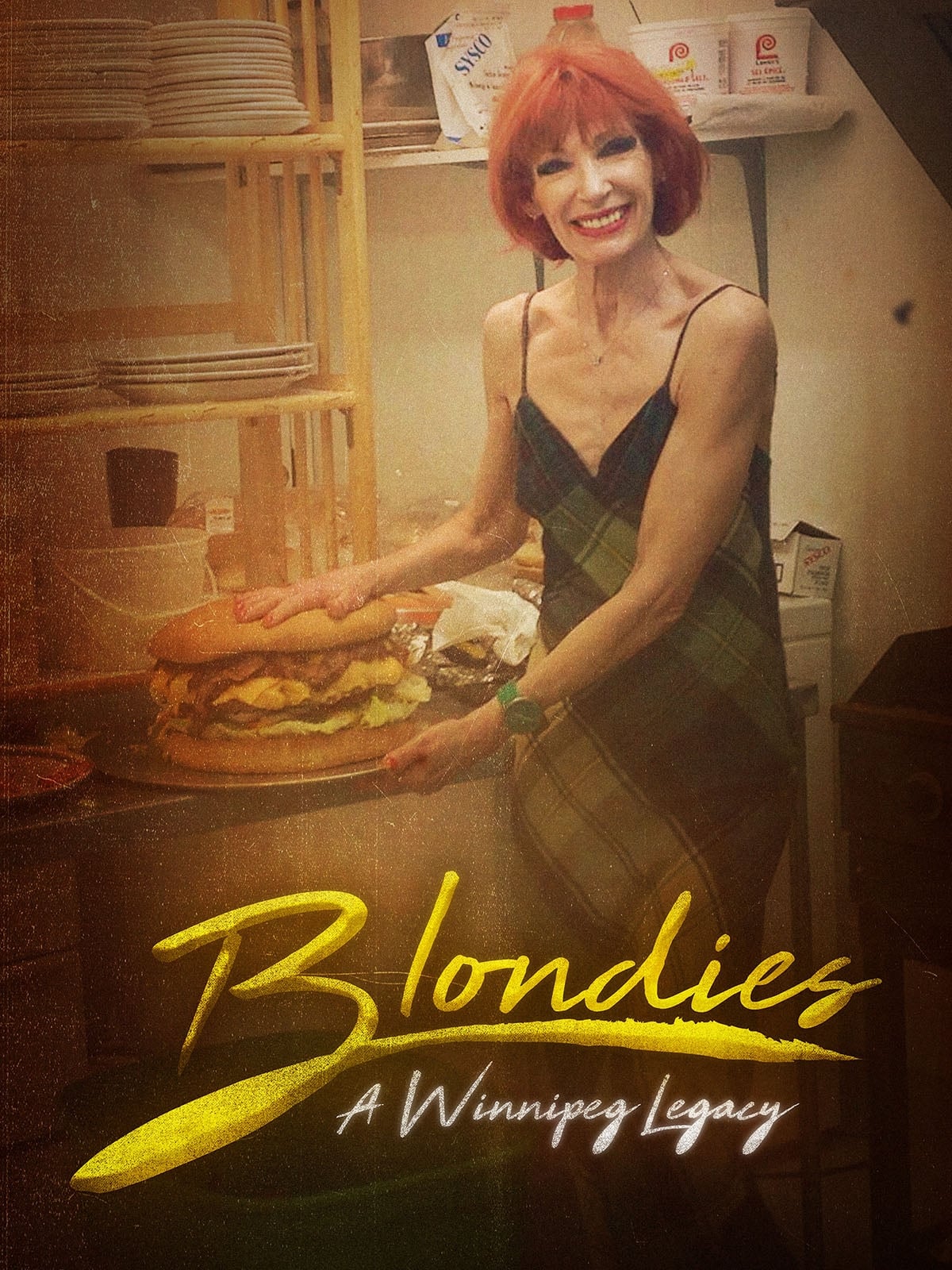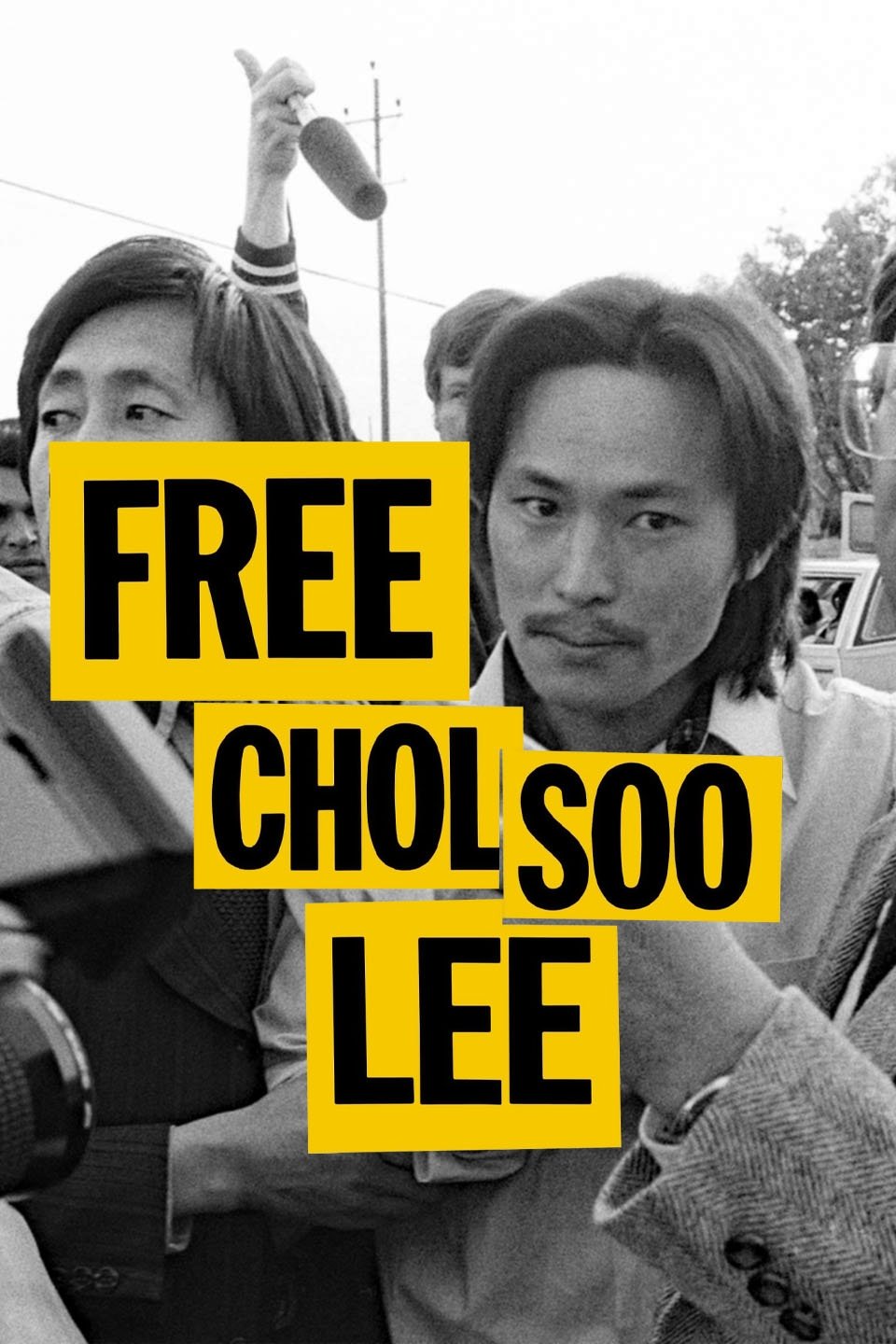
Paper Lantern
Watch Movie
Share
Paper Lantern
0h 15m
0.0(0 votes)
Documentary
Overview
A portrait of a Vietnamese-Canadian family opening up a restaurant and cocktail bar in Calgary's Chinatown, amid the COVID-19 pandemic.
Links & Resources
Social & External
Production Companies

Videos & Trailers
1 video
Cast & Crew
4 members
Acting
Nhi Tran
Self
No Image
Acting
Tanner Ennis
Self
No Image
Acting
Nguyen Tran
Self
No Image
Acting
Nguyen Bui
Self
No Image





